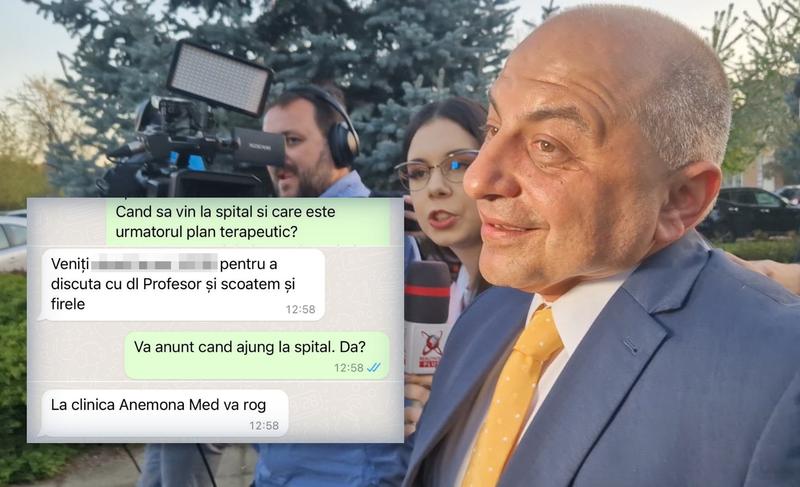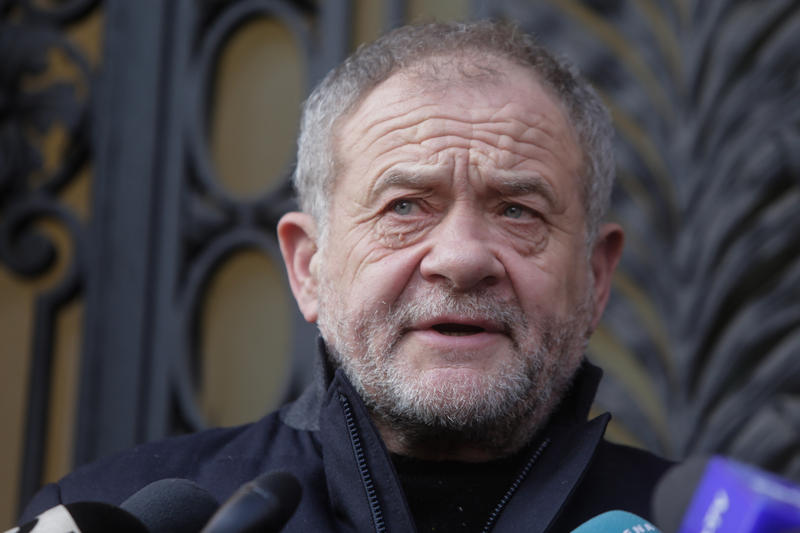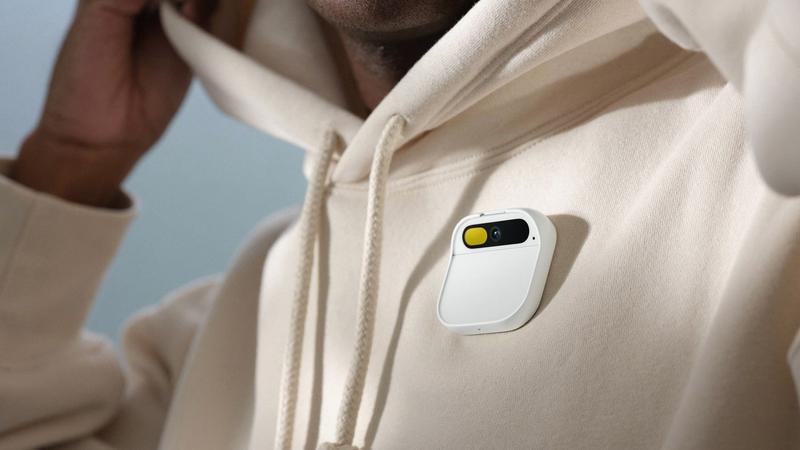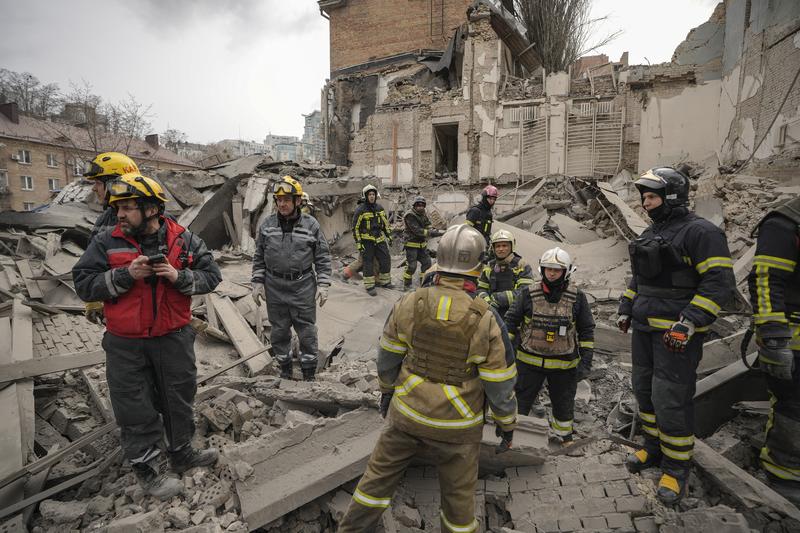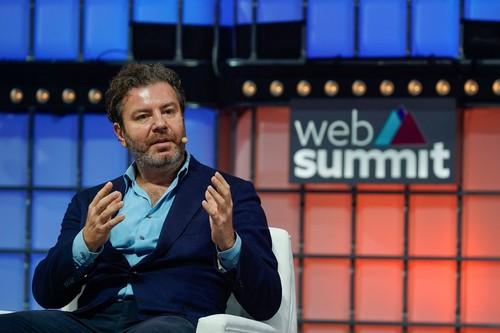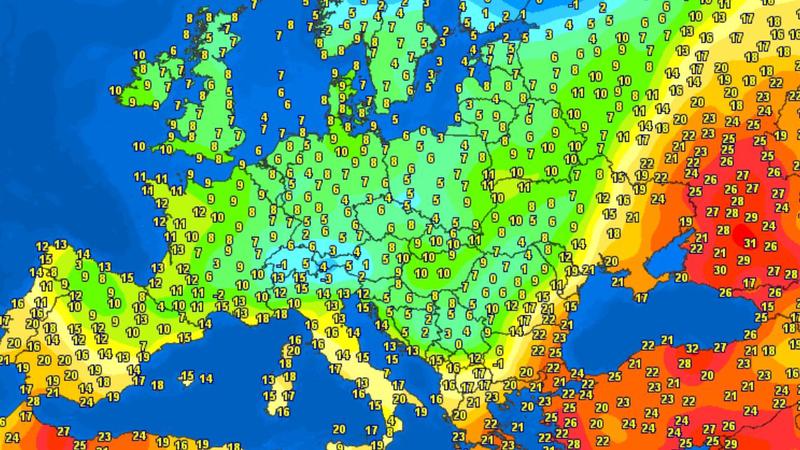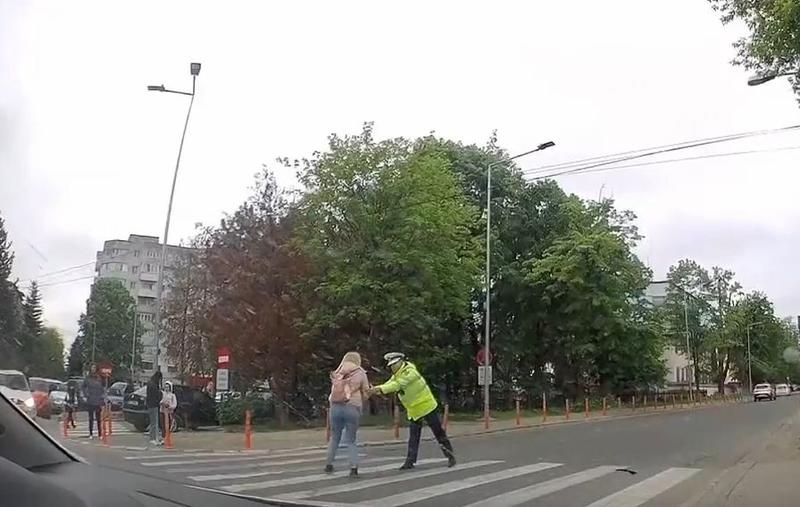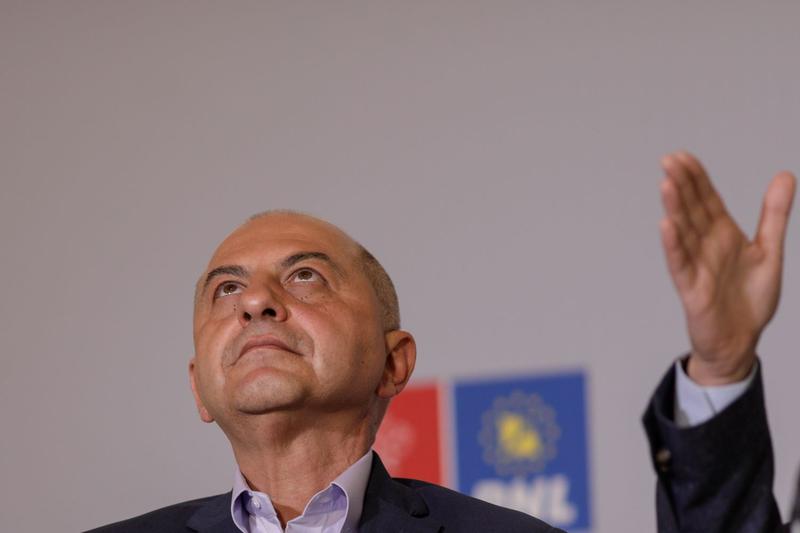New elements from the forgotten past have come to light in the ongoing judicial case against Romanian businessman Dinu Patriciu, head of the Rompetrol oil group, and his cronies. The story goes back to 1985 when specialists from the then state-controlled Rompetrol discovered the largest crude deposit in Northern Africa - that is, in Libya – estimated at 3-5 billion barrels.
With Libyan accord, the Romanians exploited the deposit until 1991 when the management of the company at the time, when Rompetrol was still state-controlled, announced it could no longer run the operations in Murzuk for lack of funds.
In 1993, a contract was signed to cede the deposit to the Spanish company Repsol, in consortium with OMV and Total. One man who might know a lot about this contract is former Social-Democratic (PSD) Senator Doru Laurian Badulescu, the current head of the Ilfov District Council.
Repsol was due to pay some USD 85 million in production level bonuses of exploitation to the Romanian state, spread for several years. The money never landed in the Romanian Finance Ministry treasury.
Businessman Dinu Patriciu, the current head of Rompetrol, claims he sent a letter to the Finance Ministry in 2002, when PSD was in power, to claim rights over this money. The ministry never replied.
By a series of financial maneuvers from Netherlands to the Virgin Islands to Switzerland, in 2001 a large chunk of the money flew in and out of accounts belonging to companies run by the current owners of Rompetrol, Patriciu and Phil Stephenson.
Besides Patriciu, the current wave of judicial moves also targets his associate Stephenson, who was Rompetrol deputy CEO until he packed and left Romania; and Collin R. Hurt, former manager of the Romania Moldova Direct Fund, a company that held control over part of Rompetrol earlier this decade.
Both are US citizens and have left Romania.
